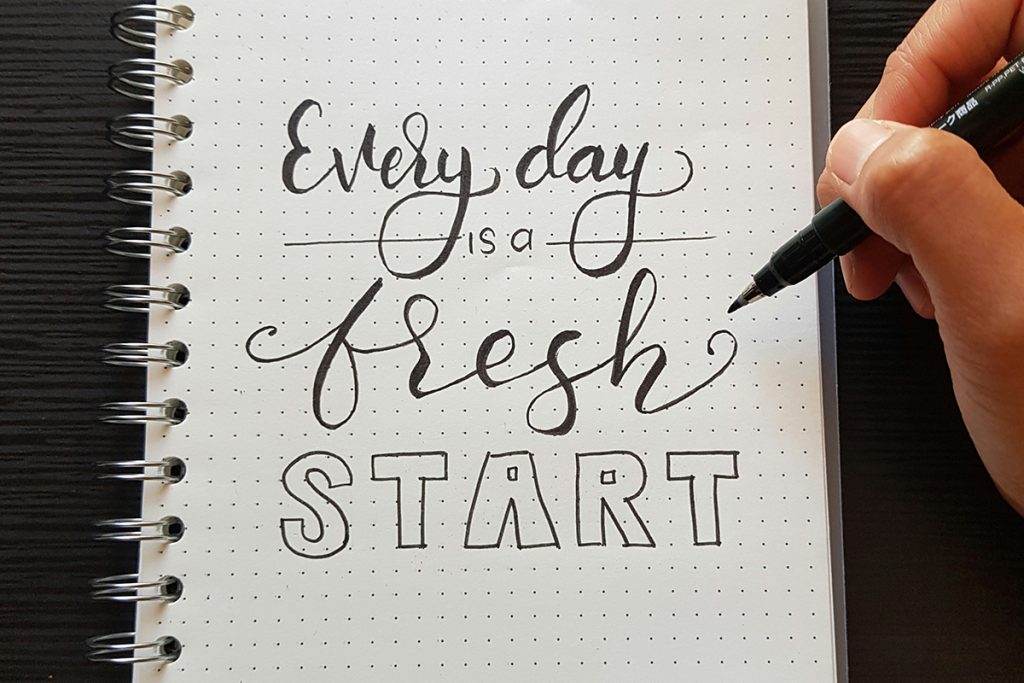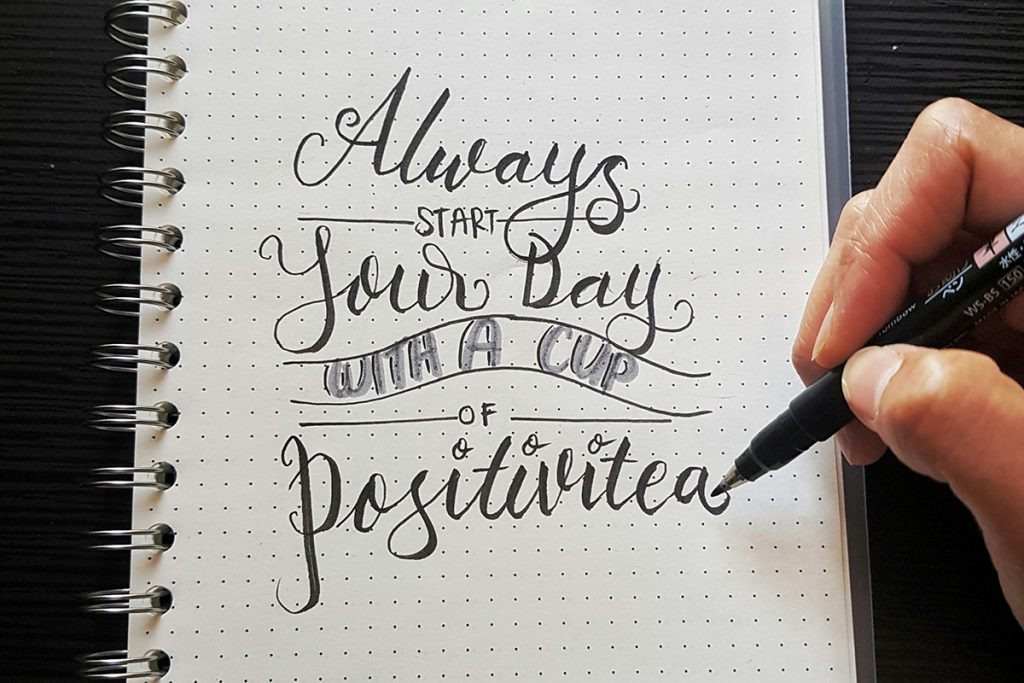10 minutes of mindfulness per day keeps the mental doctor away!

A new study published in the British Journal of Health Psychology by researchers from the Universities of Bath and Southampton reveals that just 10 minutes of daily mindfulness practice can significantly improve mental well-being.
Using a free mobile app called Medito, participants experienced reduced symptoms of depression and anxiety, increased overall well-being, and were even motivated to adopt healthier lifestyle habits.
The benefits of mindfulness training through a mobile app
What makes these findings particularly significant is that they demonstrate the potential of a simple and widely accessible digital intervention. The study shows that delivering mindfulness training through a mobile app can lead to substantial mental health improvements without requiring intensive, in-person programs.
The researchers were driven by the growing body of evidence supporting the positive impact of mindfulness-based interventions on mental health. Traditional programs, however, often require significant time and commitment, such as eight-week courses with in-person sessions. The team sought to determine if similar benefits could be achieved through a more convenient digital format.

A large-scale randomized controlled trial
To investigate this, they conducted a large-scale randomized controlled trial with 1,247 adults from 91 countries. Participants were recruited via social media and the Medito app, and the study was conducted remotely to ensure accessibility. The participants were randomly assigned to either the mindfulness intervention group or an active control group.
The mindfulness group was instructed to complete a daily 10-minute mindfulness session using the ‘30-Day Challenge’ course on the Medito app, which is designed for beginners. This course offered various consciousness exercises, including body scans and focused breathing, aimed at increasing present-moment awareness and reducing stress.
Meanwhile, the control group listened to 10-minute audiobook excerpts from Alice’s Adventures in Wonderland and Through the Looking Glass. These excerpts were selected to match the mindfulness practice in terms of time and attention but lacked the mindfulness element.
Participants completed a series of questionnaires to evaluate their mental health, well-being, and health-related behaviors at three points: before the intervention (baseline), immediately after the 30-day practice, and two months later (follow-up). The researchers analyzed the data to assess changes in mental health and lifestyle behaviors between the two groups.

The advantage of practicing mindfulness daily
The study found that participants who practiced consciousness daily saw significant improvements in mental health compared to the control group. The mindfulness group reported greater psychological well-being, as measured by the Warwick-Edinburgh Mental Well-Being Scale, and showed a noticeable reduction in symptoms of depression and anxiety, based on the Depression, Anxiety, and Stress Scale.
This study shows that even brief, daily consciousness practices can provide benefits, making it a simple yet effective way to improve mental health. The research highlights how digital technology – like a free app – can help people incorporate behavioral and psychological techniques into their lives in a way that works for them.
Interestingly, the mental health benefits observed after the 30-day consciousness practice were not only immediate but also persisted two months later, indicating that the positive effects of mindfulness can last beyond the formal training period.

Boosting healthier lifestyle behaviors
In addition to these mental health gains, the mindfulness group also exhibited healthier lifestyle behaviors. They reported improved sleep quality and were more motivated to engage in health-promoting activities, such as regular exercise and healthy eating.
These findings suggest that consciousness practice may equip individuals with the psychological tools needed to develop and sustain healthier habits.
It’s surely exciting to see that such a simple, affordable intervention with the potential to reach a global audience can positively influence healthy lifestyle behaviors. Even more encouraging is that these benefits were maintained after the course ended, suggesting mindfulness can help foster long-lasting habits.

The limitations of the study
While the findings are promising, the study has some limitations. First, it relied on self-reported measures of mental health and behavior, which can be prone to bias. For instance, participants might have reported improvements simply because they were aware they were part of a mindfulness study.
Additionally, the study experienced a high dropout rate, with only about 24% of participants completing it, which could have introduced bias, as those who dropped out may have had different experiences.
Another limitation was the absence of objective measures for health behaviors. Although the study focused on health-related cognitions, such as attitudes and intentions, it did not directly assess whether participants actually adopted healthier behaviors like increased exercise or improved eating habits.
Future research could address this by incorporating objective data, such as activity trackers or dietary logs, to better understand the impact of mindfulness on behavior.

10 minutes of mindfulness per day keeps the mental doctor away conclusion
Despite these limitations, the study opens promising avenues for future research. The authors suggest that future studies could explore how mindfulness impacts specific health behaviors, such as physical activity or smoking cessation, by targeting these behaviors directly in the intervention.
Additionally, investigating the long-term effects of digital mindfulness interventions on mental health and lifestyle behaviors could offer valuable insights for integrating these practices into public health strategies.



















